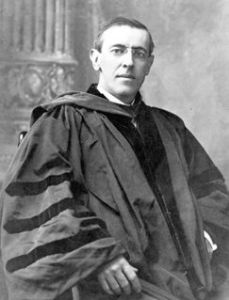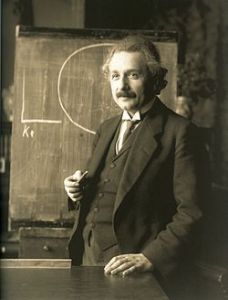 On the evening of Friday, August 11, 2017 a group of white nationalists marched through the University of Virginia’s grounds. Over the next days a group of white supremacists, white nationalists, neo-Confederates, neo-Nazis, and militias marched through the streets of Charlottesville, Virginia chanting racist and anti-semitic slogans, carrying semi-automatic rifles, swastikas, Confederate battle flags, anti-Muslim and anti-Semitic banners. This “Unite the Right Rally” proved to be a catalyst for a horrific 24 hours that would come to be seen by the nation and world as a day of racial rage, hate, violence and death.
On the evening of Friday, August 11, 2017 a group of white nationalists marched through the University of Virginia’s grounds. Over the next days a group of white supremacists, white nationalists, neo-Confederates, neo-Nazis, and militias marched through the streets of Charlottesville, Virginia chanting racist and anti-semitic slogans, carrying semi-automatic rifles, swastikas, Confederate battle flags, anti-Muslim and anti-Semitic banners. This “Unite the Right Rally” proved to be a catalyst for a horrific 24 hours that would come to be seen by the nation and world as a day of racial rage, hate, violence and death.
Many in the U.S. business community have responded to condemn these events. Three responses are shown below:
“Our country’s strength stems from its diversity and the contributions made by men and women of different faiths, races, sexual orientations and political beliefs. America’s leaders must honor our fundamental values by clearly rejecting expressions of hatred, bigotry, and group supremacy, which run counter to the American ideal that all people are created equal.”
Ken Frazier, CEO Merck
“We are saddened by #Charlottesville. There is no place for racism or discrimination in this world. We choose love & unity.”
Kevin Plank, CEO Under Armour
“There should be no hesitation in condemning hate speech or white supremacy by name. #Intel asks all our countries leadership to do the same. I stand with others for equality and improving US competitiveness. Both require improving in today’s environment.”
Brian Krzanich, CEO Intel
There is no place for racism, bigotry or discrimination in our great country.
– from the pen of Dr. Percy Trappe







